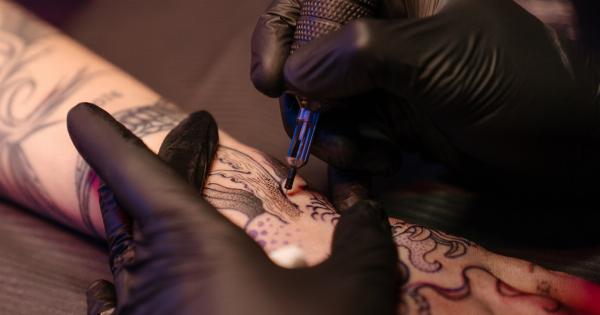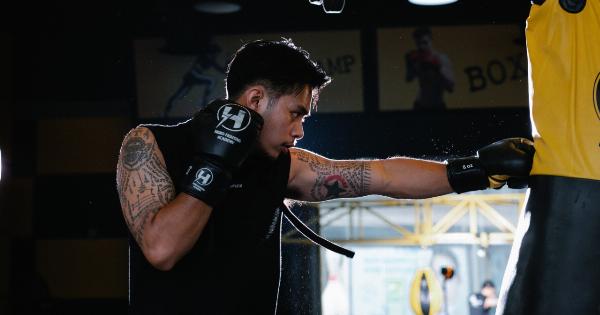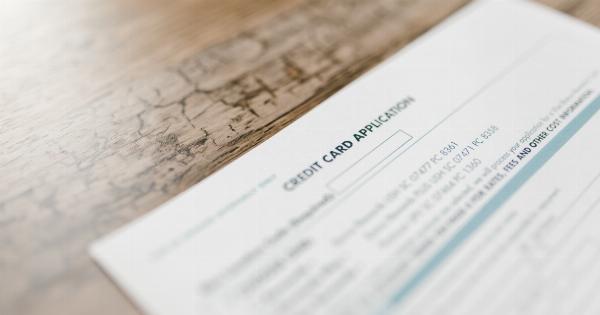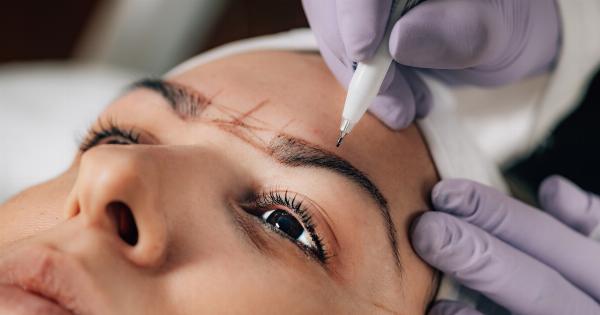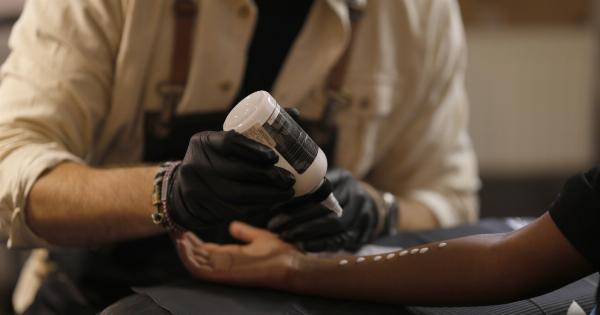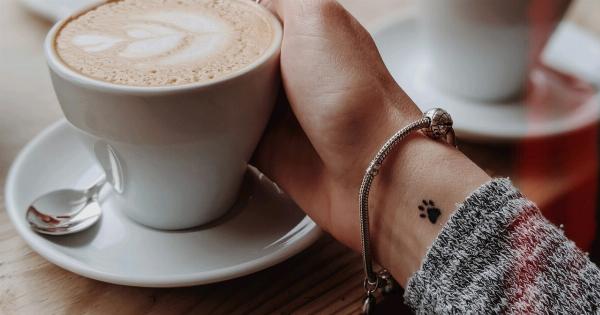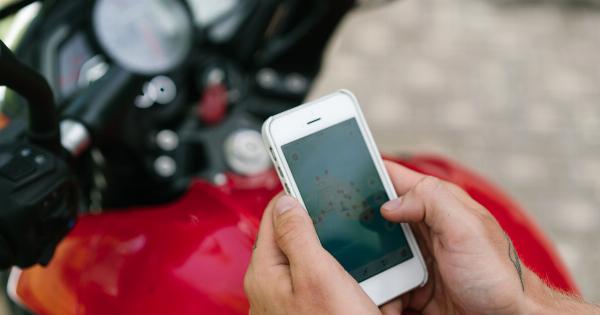Getting a tattoo is a personal decision for many people. It could be a way to express themselves, commemorate an important event, or simply enhance their appearance.
However, there might come a time when you start to regret your tattoo, and that’s when tattoo removal becomes a consideration. If you are thinking about removing a tattoo, it’s crucial to be well-informed before making any decisions. Here are some important questions you need to ask:.
1. How does tattoo removal work?
Tattoo removal techniques have evolved over the years, offering more effective and less invasive options. Today, the two most common methods are laser removal and tattoo excision.
Laser removal involves using targeted laser energy to break down the tattoo pigments, allowing your body to gradually eliminate them. Tattoo excision, on the other hand, involves surgically removing the tattooed skin and suturing the area back together.
2. What type of tattoos can be removed?
While laser tattoo removal can be used on almost all types of tattoos, certain factors can affect the outcome. Professional tattoos, especially those made with darker pigments, tend to respond better to removal.
Amateur tattoos or those with lighter colors may require more sessions to achieve satisfactory results. Additionally, the location of your tattoo plays a role. Tattoos closer to your heart, like those on the chest or upper arm, tend to fade more quickly due to increased circulation.
3. How many sessions will I need?
Tattoo removal is not an instant process. It typically takes several sessions to achieve the desired results. The exact number of sessions depends on various factors such as the size, colors, and age of the tattoo.
On average, most people require between 5 to 10 sessions for complete removal. However, keep in mind that each individual case is unique, and some tattoos may require more or fewer sessions.
4. Does tattoo removal hurt?
Many people wonder about the pain associated with tattoo removal. While the sensation can vary depending on the individual’s pain tolerance and the type of technology used, most people compare it to the feeling of being snapped by a rubber band.
Some clinics offer numbing creams or cooling devices to minimize discomfort during the procedure.
5. Are there any risks or side effects?
As with any medical procedure, tattoo removal carries some risks. Common side effects include redness, swelling, blistering, and scabbing. In rare cases, the treated area may become infected or result in permanent scarring.
However, choosing an experienced and reputable professional can significantly reduce these risks. Before proceeding with tattoo removal, make sure to discuss potential complications with your practitioner.
6. How much does tattoo removal cost?
Tattoo removal costs can vary depending on factors such as the size of the tattoo, the number of sessions required, and the geographic location of the clinic.
In most cases, tattoo removal is considered an elective cosmetic procedure and is not covered by insurance. It’s essential to consult with various providers and ask for cost estimates to determine the best option for your budget.
7. How long does it take to heal?
The healing process after tattoo removal varies from person to person. Generally, it takes about 2 to 4 weeks for the treated area to fully heal.
During this time, you should follow your healthcare professional’s instructions for aftercare, which may include keeping the area clean, applying ointment, and avoiding sun exposure. It’s important to be patient and allow your body enough time to recover.
8. Can I get another tattoo in the same area?
While it’s possible to get another tattoo on the same area after removal, it’s essential to give your skin enough time to heal completely.
Applying a new tattoo too soon may increase the risk of complications and affect the overall appearance of the new tattoo. Consult with your tattoo artist and healthcare professional to determine when it’s safe to get a new tattoo in the treated area.
9. What should I look for in a tattoo removal provider?
Choosing a reputable and experienced tattoo removal provider is crucial to ensure safe and effective results. Consider the following factors when researching potential clinics:.
• Qualifications and certifications of the practitioners.
• Experience in tattoo removal.
• Before-and-after photos of previous clients.
• Reviews and testimonials from current and past clients.
• The technology and techniques used.
• The cleanliness and professionalism of the facility.
10. Is tattoo removal right for me?
Deciding whether tattoo removal is the right choice for you is a personal decision. It’s important to consider your reasons for wanting the tattoo removed, the potential risks and costs, as well as your expectations for the results.
Consulting with a reputable tattoo removal provider can help you assess your unique situation and make an informed choice.



